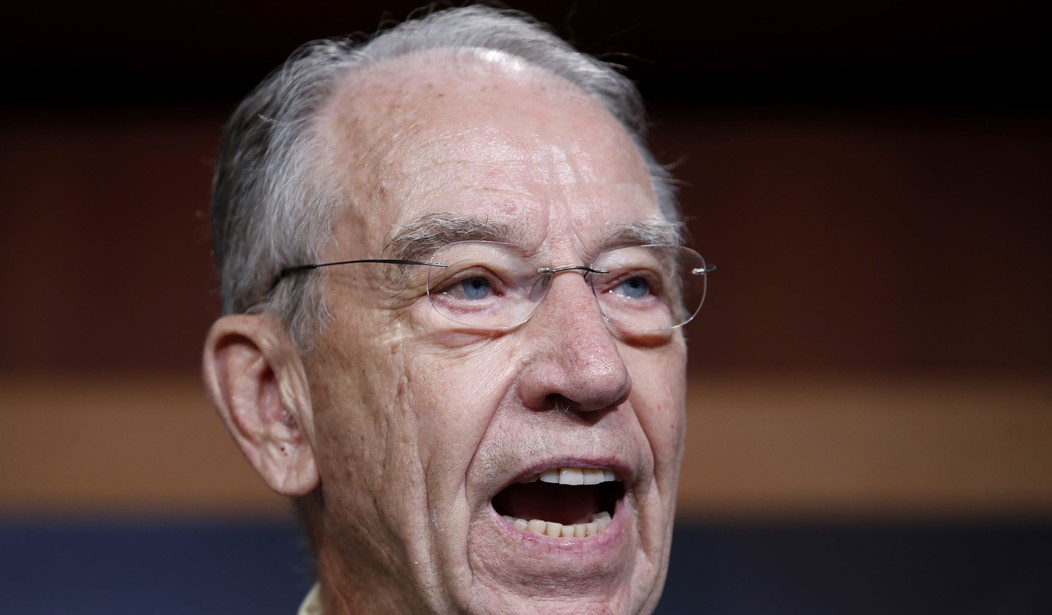On paper, Democrats would seem to have a favorable map in which to compete for a Senate majority in 2022. They are defending only 14 seats; Republicans must defend 20. Two Republican seats are being contested in states won by Joe Biden in 2020, while Democrats aren’t defending any seats Trump won in 2020.
But looking inside the race to achieve a Senate majority reveals some definite Republican advantages. Democrats are defending two seats in very Republican states. Even though Joe Biden won Arizona and Georgia by a total of fewer than 22,000 votes, those states maintain large GOP majorities in state government. Add to that the fact that Georgia Senator Raphael Warnock, who will be running for a full term, won’t have the full benefit of a six-year incumbency. Elected in a special election in January 2021, Warnock will be forced to face the voters again in November of 2022.
Similarly, Arizona Senator Mark Kelly will have to run for a full term in November 2022 after having been elected in November of 2020.
While the map might favor Democrats, history favors the party out of power. Republicans have a decided advantage as, historically, a first term president’s party almost always gets walloped at the polls in the first midterm election.
But something may happen on the way to a GOP victory party. Three seats that would be nearly automatic locks for victory may be in jeopardy because of retirements.
Iowa Senator Chuck Grassley was swept into power with the Reagan Revolution and has served in the Senate for 40 years. if he runs, he would be a shoo-in for victory. But will he?
“I’ve been getting a lot of encouragement from Iowans for the first time — they haven’t talked to me much about it until now,” Grassley told CNN.
“I think I keep the same schedule as when I was 65 years old, maybe even 40 years old,” he said with a laugh.
If Grassley were to step aside, it would spark a furious bid among Republicans in a primary to replace him, while giving Democrats some hope that they could pull off an upset in the rural state. And as the top Republican on the Senate Judiciary Committee, and one who also holds several influential committee spots, retiring would elevate other more junior senators to fill the void.
Sixty-year-old Senator John Thune defeated the Senate’s ranking Democrat, Tom Daschle, in 2004. But he may be tiring of the Capitol Hill wars.
For Thune, the 60-year-old who unseated then-Democratic Leader Tom Daschle in 2004 and has since risen the ranks in the GOP hierarchy, leaving now would take away the prospects of him becoming a successor to the longest-serving Senate Republican leader in history, Mitch McConnell.
“Obviously, the opportunities in leadership is a consideration — for sure, it’s a consideration,” said Thune, who won a seat in the House in 1996 before becoming a senator eight years later. “But there are lots of other (factors) too. … I’ve been doing it for 25 years. I think you gotta get into family considerations, personal considerations. And obviously it’s a place where we can make a difference, and that’s why you do it.”
The most vulnerable Republican senator on the map is Wisconsin’s Ron Johnson. Donald Trump has been urging him to run again, but the senator, quite logically, doesn’t think too many Wisconsin voters care about his Senate race right now. There is more interest in the Wisconsin Badgers college football club and the upcoming season of the beloved Green Bay Packers than in who might run a year from now.
Johnson, 66, added: “Trust me, there’s nobody in Wisconsin, other than just curiosity, but there’s nobody in Wisconsin going, ‘Hey, let’s start a US Senate campaign.’ But these campaigns are way too long. They spend way too much money. I think people are happy to just keep this on the backburner for the time being.”
Lurking in the background of all these individual decisions on whether or not to run is the very large personality of Donald Trump. In fact, Alaska Senator Lisa Murkowski, who voted to impeach the former president, may decide not to run again. The Alaska Republican Party will almost certainly try to primary her. She, too, has yet to decide whether to run, although whichever Republican replaced her on the ballot would be a heavy favorite in November 2022.
Related: Pelosi Urges Her ‘Republican Friends’ to Rescue the Party From a ‘Cult’










Join the conversation as a VIP Member